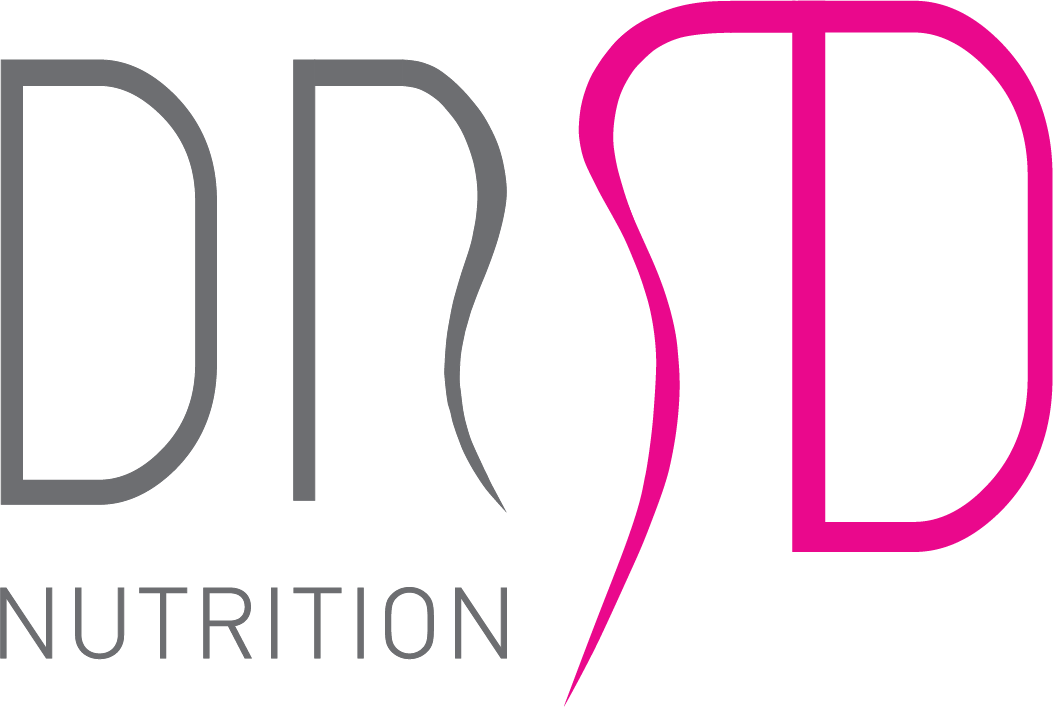Approximately 14% of the world's population and 2.7 million of Canadians suffer from migraine. Anyone who has suffered from migraine understands the drastic impact it can have on their quality of life and daily functioning. Migraines are headaches accompanied by pulsatile pain that can last a few hours or days. Some symptoms such as nausea, vomiting, sensitivity to light and noises can also be experienced. Migraines can be triggered by diet, environment, stress, hormonal change or the combination of these factors.

How can food influence the onset of migraines?
Good news! Several emerging research projects helped update the list of triggers for migraine headaches. Some foods that made the top of the list in the past are no longer considered trigger foods, for example: chocolate, tyramine and MSG. While the following factors have been added to the list:
- -Excessive alcohol consumption
- -Dehydration
- -Long periods of fasting
- -Consumption of cold food or liquids
- -Aspartame and sucralose
- -The cessation of caffeine
- -High fat foods
- -Meat and fish
Here are some strategies that can help you detect your migraine triggers and better manage your symptoms:
| - Eat at regular times and avoid skipping meals. |
| - Drink 6-8 cups of water a day to maintain proper hydration. |
| - While consuming cold foods, such as a smoothie, take your time and enjoy it slowly. |
| - Limit processed foods and restaurant meals |
| - Read food labels to determine the quality of the food and confirm it contains trigger ingredients. |
| - Limit your alcohol intake and try to drink at least one glass of water in between consumptions. |
- Keep a diary for a few weeks to identify the factors influencing your migraine, keep note of the following:
|
| - Once you determine your triggers, avoid those foods as much as possible. If you realize that an entire food group needs to be removed from your diet, consult with a nutritionist/dietitian to avoid deficiencies. |
| - Establish a sleep routine to improve the quality of your sleep. |
| - Include physical activity and meditation in your daily routine. |
Your registered dietitian at DRRD nutrition can offer you support in your efforts of understanding your triggers and help you avoid removing foods unnecessarily from your diet.
